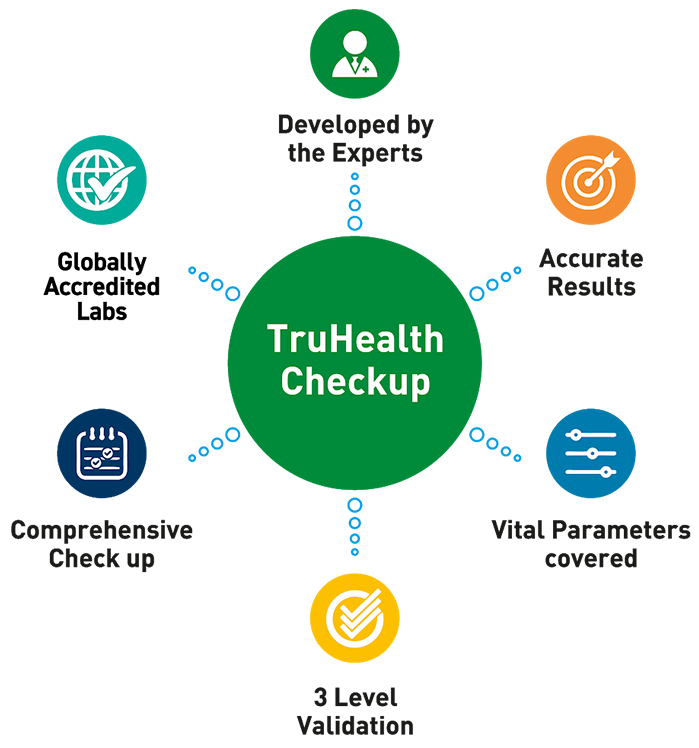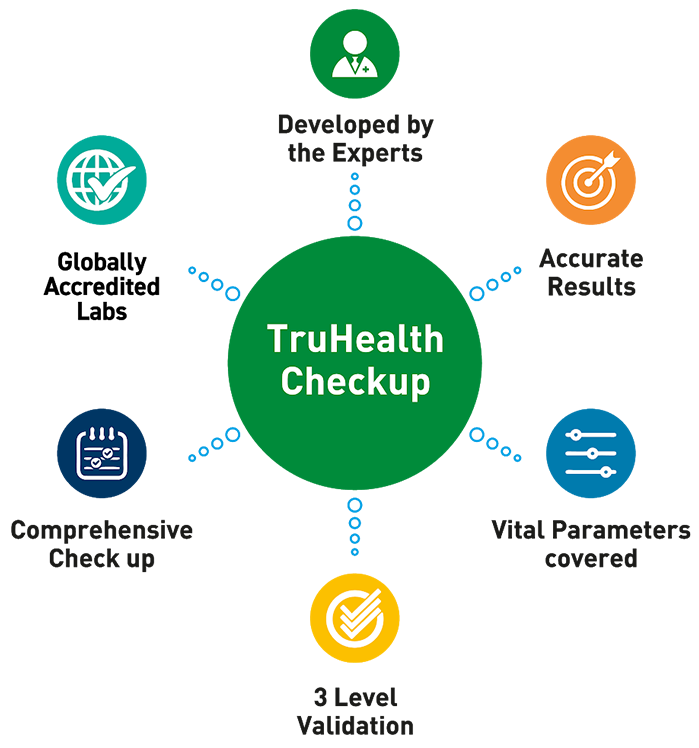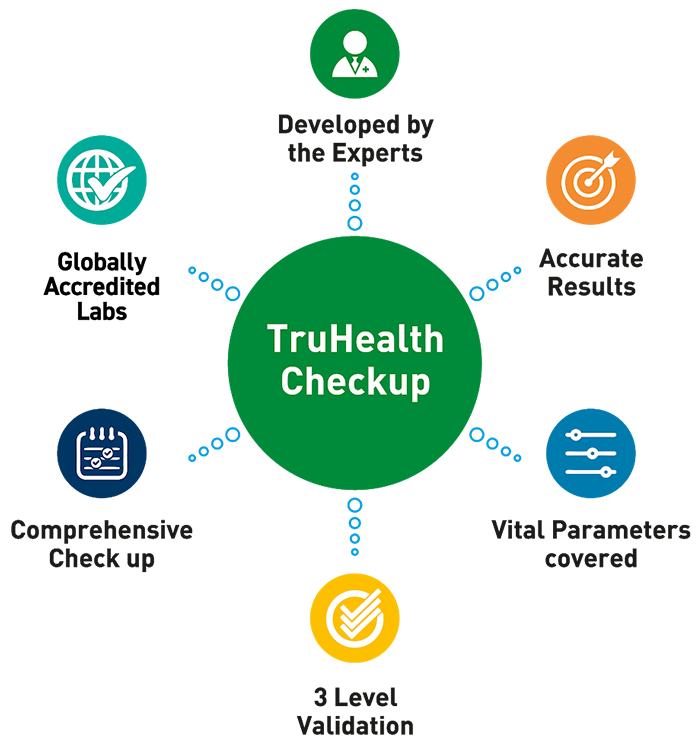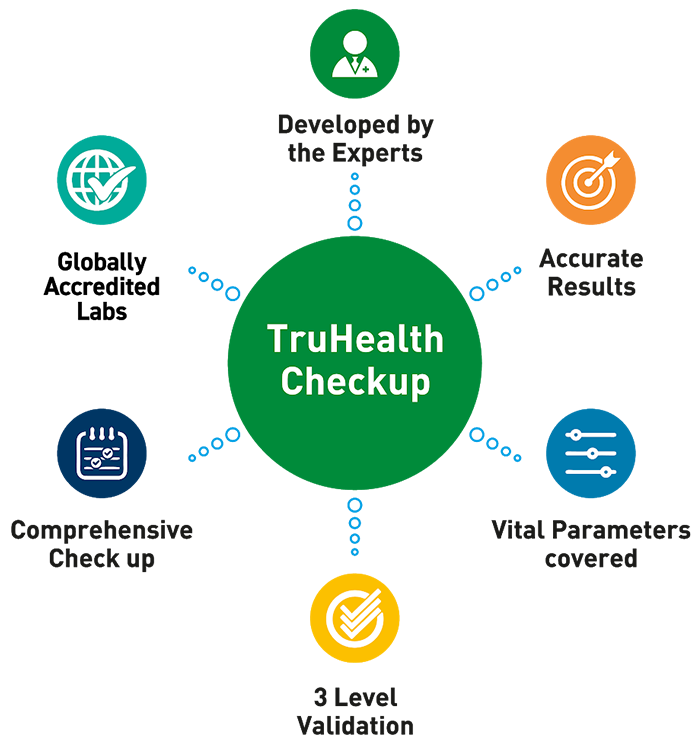Preventive Healthcare
Vitamin B3 (Niacin) - Food Sources, Benefits, Diet and Deficiency

Table of Contents
Vitamin B3, also known as niacin, plays a crucial role in various bodily functions. From promoting healthy skin to aiding in energy production, there's no denying the benefits of Vitamin B3. This vitamin is crucial for your overall well-being but is often ignored by many due to a lack of awareness or knowledge.
In this blog post, we'll explore everything you need to know about this vital nutrient – from its sources and recommended intake to potential vitamin B3 side effects and more.
What is Vitamin B3?
Vitamin B3 is also known as niacin or nicotinic acid. It is a water-soluble vitamin that plays a crucial role in maintaining good health. It helps to convert food into energy and supports the function of the nervous system, digestive system, and skin. Vitamin B3 has two forms: nicotinic acid (niacin) and nicotinamide (niacinamide).
Both forms are readily available in foods such as meat, fish, poultry, dairy products, and whole grains. However, they can also be taken as supplements. The body converts dietary tryptophan into niacin if there is not enough niacin intake from food sources.
Tryptophan is an amino acid found in protein-rich foods like turkey and chicken. Niacin is important for maintaining healthy cholesterol levels by lowering LDL ("bad") cholesterol while raising HDL ("good") cholesterol levels. It also helps with skin conditions like acne by reducing inflammation and improving overall skin appearance.
Benefits of Vitamin B3
Here are some of the best benefits of vitamin B3.
1. Lowered cholesterol levels: Niacin has been shown to increase "good" HDL cholesterol while lowering triglycerides and "bad" LDL cholesterol.
2. Improved brain function: Research suggests that vitamin B3 may help improve cognitive function in people with Alzheimer's disease or other age-related cognitive declines.
3. Reduced inflammation: Vitamin B3 helps reduce inflammation throughout the body, which can lead to a lower risk of chronic diseases such as heart disease and diabetes.
4. Enhanced skin health: Niacin helps maintain healthy skin by increasing blood flow and reducing inflammation associated with acne breakouts.
5. Boosted immunity: Vitamin B3 supports immune system function by helping produce white blood cells that fight off infections.
Sources of Vitamin B3
- There are various sources of Vitamin B3, including both animal and plant-based foods. One of the most common sources is meat, particularly chicken and turkey breast. Fish such as tuna and salmon also contain high levels of Vitamin B3.
- For vegetarians or those who prefer plant-based options, enriched cereals and bread can be a good source of this essential nutrient. Be sure to read labels carefully to check for added vitamins.
- Nuts such as peanuts and sunflower seeds are also high in Vitamin B3. Additionally, mushrooms, avocadoes, tomatoes, broccoli, carrots, sweet potatoes and green peas all contain significant amounts of this vitamin.
- When it comes to beverages that provide a good source of Vitamin B3; coffee has been found to have relatively high levels when compared with other drinks like tea or juice.
Deficiency of Vitamin B3
- A deficiency of Vitamin B3 is also known as niacin deficiency. It can have serious consequences for our health. The most common symptom is skin rashes or pellagra. Pellagra is a condition that affects the skin, digestive system, and nervous system.
- Pellagra was once widespread in the Southeastern United States among people who relied heavily on corn as their main source of food. Corn lacks sufficient amounts of niacin and tryptophan (an amino acid needed to produce niacin), leading to pellagra outbreaks.
- Other symptoms of Vitamin B3 deficiency include diarrhoea, dementia-like symptoms such as confusion and memory loss, headaches, fatigue and depression.
- Vitamin B3 deficiency can occur due to poor dietary intake or problems with absorption in the body. People who drink excessive amounts of alcohol are at higher risk for developing this deficiency because alcohol interferes with proper nutrient absorption.
When is vitamin B3 supplement prescribed?
Vitamin B3 supplements may be prescribed in certain cases where individuals are unable to consume enough of the nutrient through their diet alone. This is particularly true for those who follow a restrictive diet, such as vegetarians or vegans, as well as those with specific health conditions that affect nutrient absorption.
Individuals with high cholesterol levels may also benefit from taking vitamin B3 supplements, as studies have shown that they can lower LDL (bad) cholesterol and triglyceride levels while increasing HDL (good) cholesterol levels.
In addition, research has suggested that vitamin B3 supplements may improve symptoms of skin conditions like acne and rosacea. However, more research is needed in this area to determine its effectiveness.
Recommended Dietary Allowance (RDA) for vitamin B3
The Recommended Dietary Allowance (RDA) for vitamin B3 varies based on age, gender and other factors. For adult men, the RDA is around 16 mg per day, while women need slightly less at around 14 mg per day. Pregnant women require more vitamin B3 to support the growth and development of their fetus.
Infants and children require smaller amounts of vitamin B3 that increase as they grow older. The RDA for infants under six months is only 2 mg per day, while toddlers aged one to three years need 6 mg daily.
Vegetarians may be at risk of not consuming enough vitamin B3 through their diet alone since most sources are from animal-based products like meat and fish. As a result, they may need to rely on fortified foods or supplements to meet their needs.
It's important to note that taking high doses can cause adverse vitamin B3 side effects like skin flushing, nausea and liver damage. Therefore it's best to stick within the recommended daily allowance range unless prescribed otherwise by a healthcare professional.
In summary, meeting the recommended dietary allowance for vitamin B3 is crucial in maintaining optimal health but exceeding this limit can lead to negative consequences.
Conclusion
Vitamin B3 is a crucial nutrient that plays various roles in maintaining optimal health and well-being. It helps support healthy brain function, skin maintenance, and energy production, and can also help reduce the risk of certain medical conditions such as heart disease. A deficiency or toxicity of vitamin B3 can have adverse effects on your body's overall functioning.
Therefore it is important to consume an adequate amount of this essential nutrient through a balanced diet or supplements under the guidance of a healthcare professional. If you are suspected of having a vitamin deficiency, your doctor will suggest you get a vitamin profile test. You can rely on Metropolis Healthcare Labs for getting a vitamin profile test done at the best price. You can also book a home test on our website with a few simple clicks. Contact us today to learn about everything we can do for you.






















